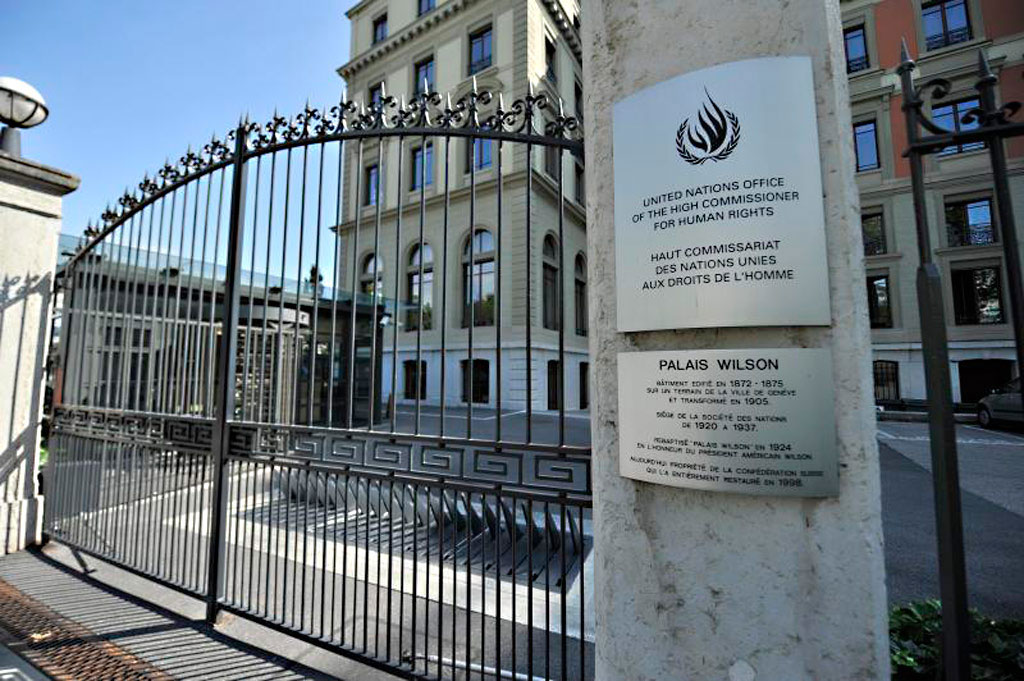[Statement] If it is ratified, must be applied

A country’s decision to accede to an international treaty, whatever its nature voluntarily means to surrender national sovereignty in exchange for a common rule beneficial to the entire world community. In that sense, each State assesses the advantages or disadvantages of making a commitment to ratify and comply with it.
There is no absolute coercive power in the international sphere. Even the most powerful institution, the UN Security Council, which in theory can approve armed interventions in other countries in defence of “security and peace”, exempt its five permanent members and concede them a veto power towards this risk. Failure to comply with regulations and commitments by some country usually involves moral or economic sanctions, in this case of institutions with financial implications such as the IMF and World Bank that may refuse loans and the WTO that may impose commercial retaliation. Provided that the country in question is a member of those institutions.
Disregard for UN human rights treaties, conventions on workers’ rights in the ILO, international norms for the preservation of the environment, among others of civilizing nature tends to imply the political isolation of violators in the international community and loss of influence in institutions which, sooner or later, will have negative implications in international relations, including in the economic area.
It is under this set of factors that we must consider the preliminary decision of the UN Human Rights Committee that requires Brazil to comply with Article 25 of the International Covenant on Civil and Political Rights for Lula to enjoy and exercise his rights as a candidate at the 2018 Elections. This Pact was approved by the UN General Assembly in 1966, ratified by the Brazilian State by means of a Legislative Decree in 1991 and by a Presidential Decree by Fernando Collor de Mello administration in July 1992, stating that: – “Article 1: The International Covenant on Civil and Political Rights, annexed to this decree, shall be executed and fulfilled as fully as it contains. Article 2: This decree shall enter into force on the day of its publication “. (Signed by Fernando Collor and Celso Lafer, respectively the President and the Minister of Foreign Affairs).
In 2009, after its approval by the Chamber of Deputies and the Senate in a four-year process, the Brazilian State signed the Additional Optional Protocol accepting to submit to the decisions of the UN Human Rights Committee that manages compliance with the Pact.
Therefore, the Pact was ratified by Brazil, as well as the Protocol. It was only up to our government accepting it. The rest that we have seen published in recent days, if it would be a recommendation, which legal institution should guide the decision, among other exotic theses, is just misrepresentation.

